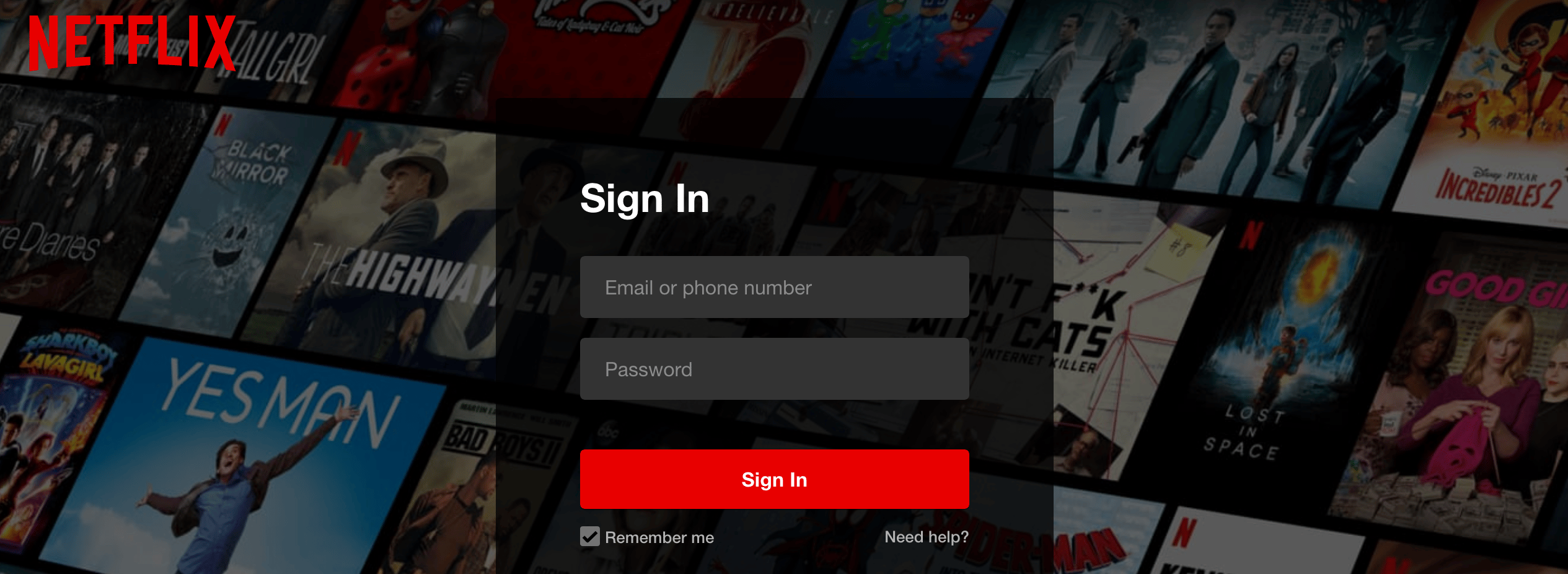According to data released by Hub, 81% of 13- to 24-year-olds are using password sharing to access streaming services. It’s far from bold to say that’s unsustainable.
Cord Cutters News reported on the information, which has to be alarming and should trigger a massive shift in streaming business policy.
To date, streaming services have been content to let password sharing slide. It’s hard to imagine that being the case anymore in light of these staggering numbers.
CHECK OUT: Solutions to streaming services’ billions in losses from password sharing
Streaming Wars spending makes password sharing prohibitive
As John Hammond famously utters multiple times in Jurassic Park, “Spared no expense!” Well, Streaming Wars competitors are adopting that philosophy in purchasing preexisting IPs and developing original programming.
But just as Jurassic Park wound up being a disastrous allocation of financial resources, so too could be the case for streaming deficit spending.
Obviously, it’s paramount for Netflix’s competitors to spend in order to keep up. The streaming pioneer has set that precedent in the vein of how Amazon used to operate in the red for years before returning a profit.
That’s quite a risky proposition, though — particularly when billions of dollars are being lost to password sharing. It was $9.1 billion in 2019, to be precise.
CHECK OUT: Netflix projected to spend $26 billion on content yearly by 2028
The danger of maintaining status quo
It’s nice to allow access via password sharing for now, but this 13-24 demographic makes the situation all the more alarming.
Encouraging the act now only fortifies the belief that shared access status quo won’t change. Whether it’s limited device access, decreased browsing options or other stipulations, streamers have to do something about this.
Let’s go with the Occam’s razor problem-solving principle to get to the bottom of this, though. That is, the simplest answer is probably the correct one.
Subscription price points will inevitably go up. That’s right. As long as pay TV continues to charge exorbitant moneys for their contracts, streaming will have leverage to boost subscriber fees.
It may not be ideal for those looking to save money via cord-cutting. Right now it’s definitely the most cost-effective home entertainment option, yet with the influx of new competitors joining the streaming market, that’ll be temporary.
CHECK OUT: HBO Max 2025 target profit date highlights streaming wars risk
